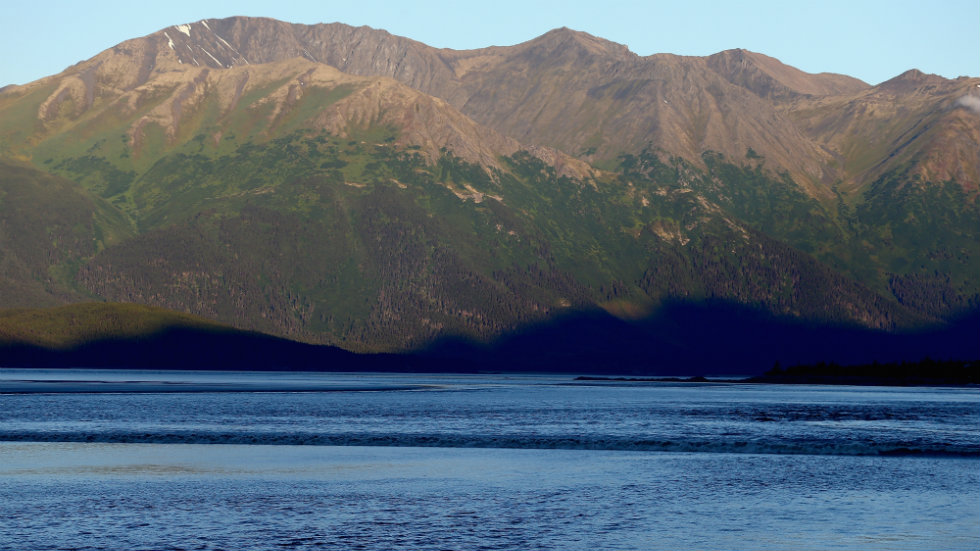The Trump administration today announced repeal of an Obama-era regulation that had expanded pollution protections for waterways such as wetlands and shallow streams, a move likely to be swiftly challenged legally by environmentalists.
The widely anticipated move to repeal the 2015 Waters of the United States rule, known as ‘WOTUS,’ is part of a broader effort by President Trump to roll back environmental regulations to boost industry.
Environmental groups called the move ‘shameful and dangerous.’
It was announced by Environmental Protection Agency Administrator Andrew Wheeler at the National Manufacturers’ Association’s headquarters in Traverse City, Michigan.
Wheeler said that the EPA and the U.S. Army would reinstate water rules that were issued in the 1980s, and would begin re-defining which waterways can be regulated, a task to be completed by this winter.
Environmentalists say the move would leave millions of Americans with less safe drinking water and allow damage of wetlands that prevent flooding, filter pollutants and provide habitat for a multitude of fish, waterfowl and other wildlife.
Wheeler said the repeal was the first step in a process of ultimately replacing the WOTUS definition.
The agency will announce those new guidelines for which water bodies should remain federally protected by the end of the year.
“In the proposal we are clearly defining the difference between federally regulated waterways and those of state authority,” said Wheeler.
“Together, our proposed definition and existing state programs will provide a strong network of coverage with our nations water resources.”
Environmental groups and state attorneys general vowed to challenge the rollback, arguing that it jeopardizes drinking water supplies for 117 million Americans.
“California won’t stand for this latest environmental attack by the Trump Administration, which could threaten federal protections for the majority of our waters,” California Attorney General Xavier Becerra said in a statement.
President Trump made promises to dismantle the rule upon first coming into office.
A February 2017 executive order directed the EPA to begin actions toward “the elimination of this very destructive and horrible rule.”
The EPA first announced plans to repeal WOTUS last winter.
Wheeler pointed to Trump’s focus on WOTUS for movement on the rule’s repeal, saying the president “immediately set in motion a process to improve and replace regulatory burdens.”
“Obama’s WOTUS definition was at the top of the list,” Wheeler said.
Wheeler also championed a report he said found that EPA was the top agency to comply with Trump’s two for one executive order–which mandated that for every one regulation made, two must be repealed.
Court rulings in 28 states have kept WOTUS from being fully implemented across the U.S.
Environmental groups are already threatening to sue over the repeal.
Betsy Southerland, who was director of science and technology in EPA’s Office of Water during the Obama administration, said repealing its regulation would create further regulatory confusion.
‘This repeal is a victory for land developers, oil and gas drillers and miners who will exploit that ambiguity to dredge and fill small streams and wetlands that were protected from destruction by the 2015 rule because of their critical impact on national water quality,’ Southerland said.
